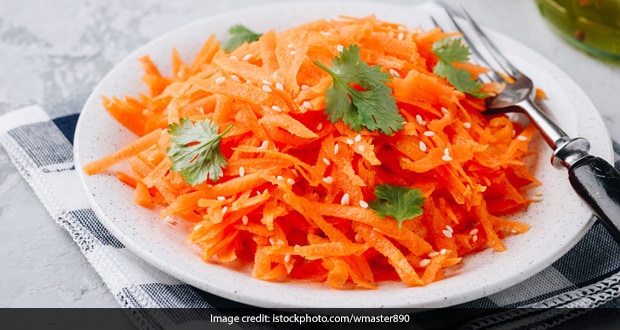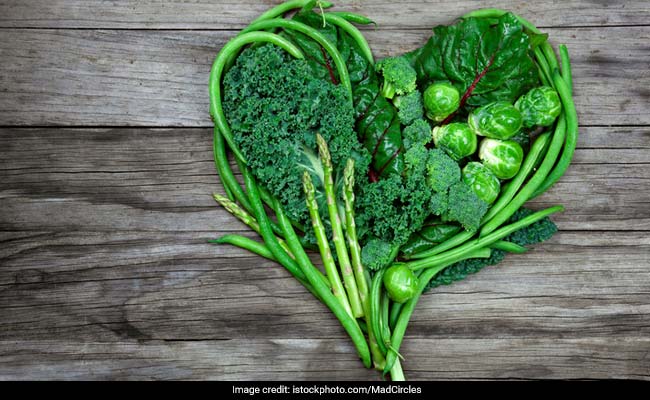Polycystic Ovary Syndrome (Or PCOS) is one of the most common causes of concerns affecting millions of women across the world today. To put it simply, PCOS is a condition where your ovaries are not functioning properly because of certain cyst formations inside. It may or may not lead to delayed periods, intense menstrual cramps, excess weight gain, facial hair growth among other things. In some cases, PCOS does not manifest any of these symptoms, but if you happen be facing some troubles - tweaking your diet a bit could make your life so much easier.
(Also Read: PCOS Diet: Know The Causes, Symptoms And Foods For Polycystic Ovary Syndrome)
People with PCOS should focus on eating high protein foods, but stick to lean protein sources. They should also steer clear of foods that cause inflammation. fatty fishes, green leafy vegetables, tomatoes, berries, nuts, olive oil, haldi are some anti-inflammatory foods one can experiment with. Food and drinks with high sugar should also be avoided. They should eat foods with low glycemic index.
(Also Read: Watch: Sonam Kapoor Reveals Her Go-To Breakfast Meal On PCOS Diet, Plus Other Diet Tips)
Senior Dietician from Jaslok Hospital & Research Centre Ms Jyoti Bhatt says while the exact cause of PCOS is not known but studies suggest link between insulin resistance and PCOS. Insulin resistance tend to reduce insulin sensitivity, making your pancreas unable to tell how much sugar is too much sugar, and cause abnormal blood sugar spikes in the bloodstream. It could be possible that these high insulin levels stimulate the ovaries to produce large amounts of the male hormone testosterone, which in turn could lead to ovarian cysts. Excess sugar also does no good to the body and eventually leads to fat accumulation.

Many vegetables have a low glycemic index
Foods with low glycaemic index enable slow release of sugar into the bloodstream and thus avoid fluctuations and spikes in blood sugar.

Green vegetables are very low in glycaemic index
Here are some foods with low glycaemic index that you can include in your diet:
1. Whole grains like wheat, barley, jowar, kuttu. You can use these flours to make your parathas instead of maida.
2. Legumes like chickpea, kidney beans are also effective in keeping your blood sugar levels in control.
3. Green vegetables like spinach, kale, cabbage, methi greens could not only ensure steady blood sugar levels but also inflow of nutrients.
4. Root vegetables like carrots and radish are also something you can think about.
5. Most fruits are low GI, but if you have a chance, do not miss out on seasonal guavas, cherries, grapefruit, apples and oranges.
Include these foods in your diet and see the results for yourself.
(This content including advice provides generic information only. It is in no way a substitute for qualified medical opinion. Always consult a specialist or your own doctor for more information. NDTV does not claim responsibility for this information.)
About Sushmita SenguptaSharing a strong penchant for food, Sushmita loves all things good, cheesy and greasy. Her other favourite pastime activities other than discussing food includes, reading, watching movies and binge-watching TV shows.






